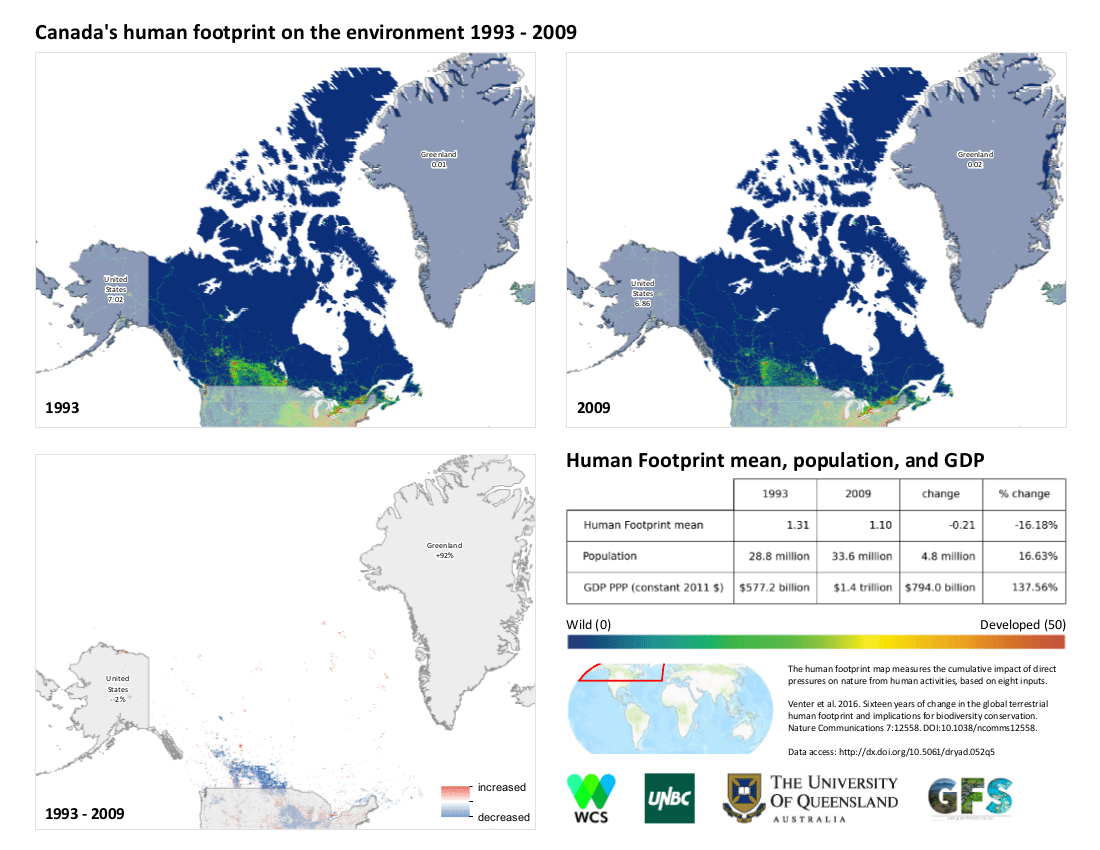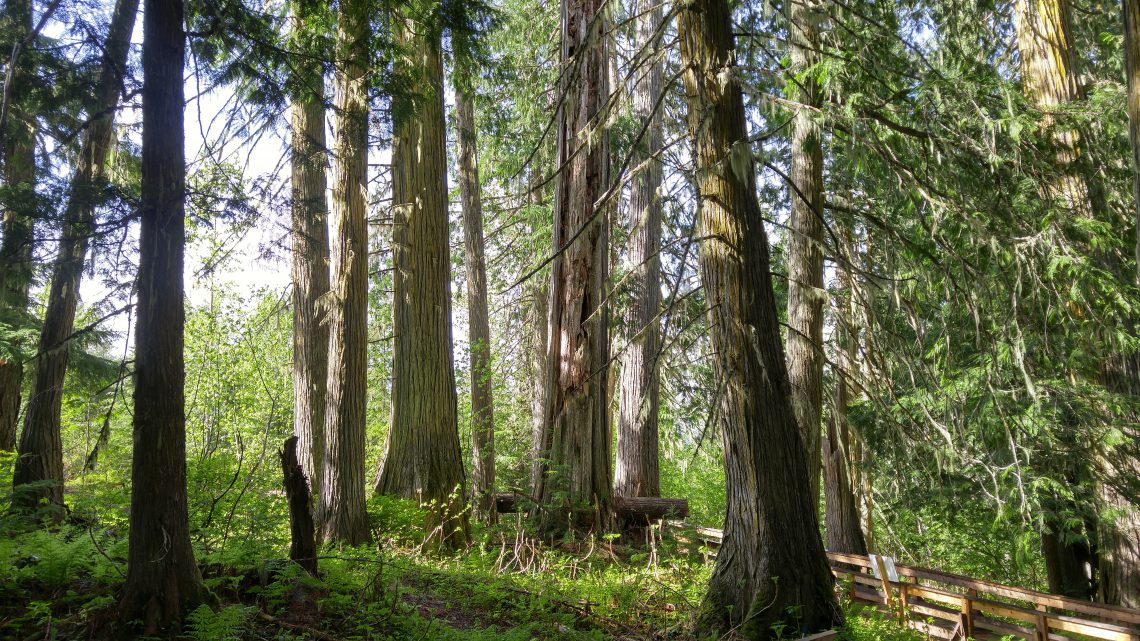A UNBC professor is the lead author on a major study being published today on the ecological footprint of humans around the globe.
The study tracks population and economic growth compared to our impact on the planet. Researchers compared recent data to a similar 1993 study.
“So our economies are growing really fast.” said UNBC Associate Professor of Ecosystems Science, Dr Oscar Venter “They’ve increased about 150% in the last two decades, and populations has grown by about 23%.”
“Whereas the human footprint has grown by about 9%. It looks like we are getting more efficient in terms of our environmental impacts.”
He adds that compared to the rest of the plant, Canada is in pretty good shape for still having an abundance of wild spaces. It’s near the very bottom of the list when it comes to population density. Many advanced countries like Canada actually reduced their human footprint while rural parts of the country empty out and cities grow.
However with the study having global scale, the overall outlook is not very rosy.
Dr Venter says the planet’s biodiversity hotspots, areas of the globe with complex ecosystems teeming with life, are under serious threat.
“From previous work we thought that about 15% of those places were still natural – which wasn’t great but at least it was 15%. But from our work we’ve actually determined that there are only 3% of these biodiversity hotspots are still natural.”
Study coauthor Dr. James Watson with the University of Queensland noted “There is little wonder there is a biodiversity crisis.”
The team developed an interactive global map to compare the impacts of humans from 1993 to the the most recent data of 2009. That can be found here.

Something going on in the Prince George area you think people should know about?
Send us a news tip by emailing [email protected].






